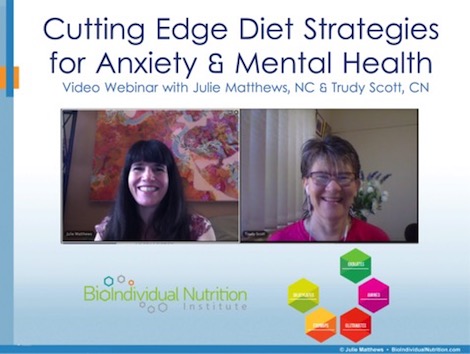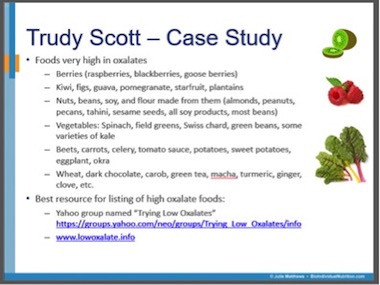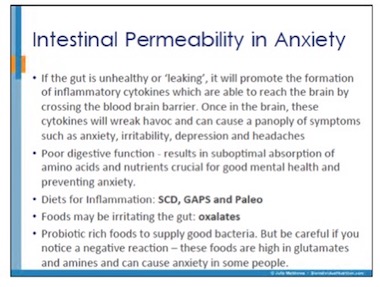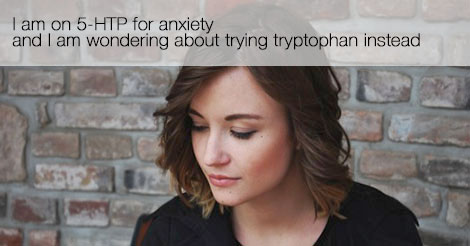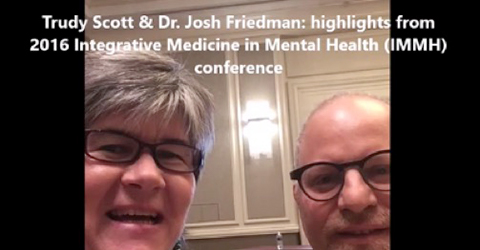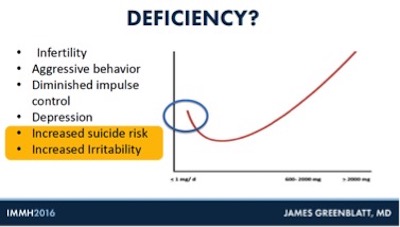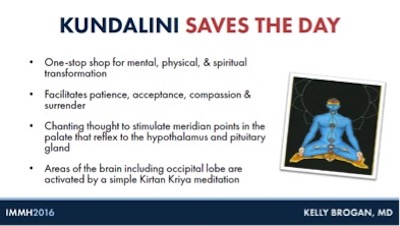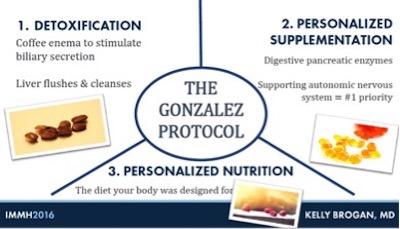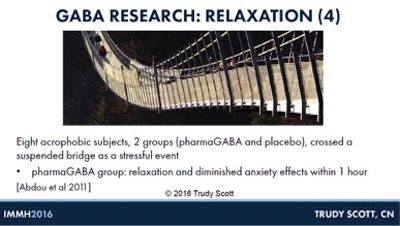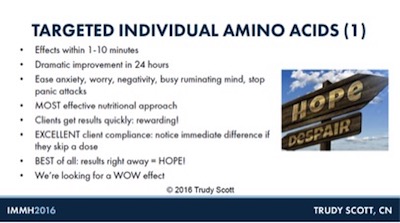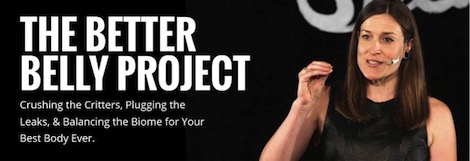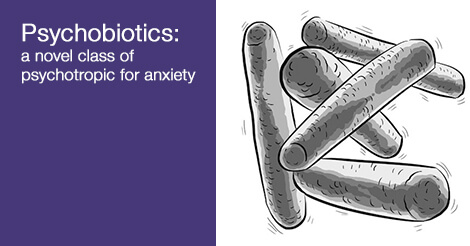Just a quick reminder in case you missed this over the New year weekend. You can still listen to the webinar replay from last week: Live Case studies, Q & A, and Special Diet Strategies for Anxiety – with myself and Julie Matthews
Tune in to hear live case studies on how we use special therapeutic diets and bioindividual nutrition strategies with complex clients who have anxiety, other mood issues and various related health problems.
I was my own case study and shared my own oxalate issue in detail (for the very first time) so you can learn in detail about this special diet and how these healthy foods that are high in oxalates caused me excruciating foot pain.
Here is the summary:
- In 2013 I was on my feet speaking often 3 full days in a row at conferences
- Exhibiting at conferences like American Public Health
- Terrible foot pain (+ sharp hip pain in that same year)
- burning pain (like hot coals) and sharp (like shards of glass)
- standing on them and while lying in bed
- one event: had to crawl back to bed from the bathroom
- My travel food was all high oxalate foods:
- Smoothies with berries (I took a blender when I travelled)
- Nuts to snack on
- Kale chips
Here is are the high oxalate foods:
And this is how I figured out the issue and what I did about it (with a few dietary changes):
- Heard Julie present at WAPF conference
- Light bulb: pain and oxalates!
- Picked Julie’s brain about my feet pain and oxalates
- Consult with Julie – I went salicylate free and oxalate free
- It was the oxalates – I knew in 2 weeks!
- Pyroluria connection – I have pyroluria and low vitamin B6 is a factor with oxalates
- My oxalate results on OAT – nothing showed up
- If I am exposed by mistake
- I feel irritable
- A sense of growing pain in my feet (in about 30 minutes)
- I always have calcium citrate on hand – sorts me out in a few minutes
- Concerns about everyone consuming green smoothies and baking with nut flours (oxalates and copper issues)
- Decided to do the Bioindividual Nutrition Program to really learn about these special therapeutic diets
- Julie is THE person to teach this!
During the webinar Julie shared her expertise on low oxalate diets and the lab testing, and shared a new powerful case study from her practice – Luka’s story is just heartwarming!
Julie also discusses the science behind these cutting edge therapeutic diet approaches which also include low phenol, low amine, low glutamate and low FODMAPs – and how so much of this can be applied to anxiety, depression and other chronic health conditions.
Here is a slide that covers leaky gut or intestinal permeability and anxiety – and special diets to consider:
The Q&A was excellent (thanks to all of you who attended live and asked questions).
You can register here for access to the replay (this is geared towards practitioners is open for all to listen in and learn + would be great to share with your practitioner if you’re not one)
Julie shared more about the BioIndividual Nutrition Training winter enrollment for practitioners. If you are a practitioner and already know you want to do the BioIndividual Nutrition Training training here is that link to check it out and register.
I highly recommend the training! As I mentioned, it helped me personally and now I use this information with the anxious women I work with and their families. I have also found the connection and sharing amongst the community of practitioners to be an invaluable aspect of joining the program.
PS. Even if you’re not a practitioner, many non-practitioners choose to listen in to these types of calls in order to learn. Feel free to do the same or to pass on to your practitioner so they can learn and then further help you. I also like to share this type of call with my entire community because I know many of you are aspiring health coaches, nutritionists and nutritional psychologists.
PPS. Julie also offers a version of this training to mom’s who want to learn for themselves and their families. Feel free to reach out to them at info [at] bioindividualnutrition.com if you’re interested.
